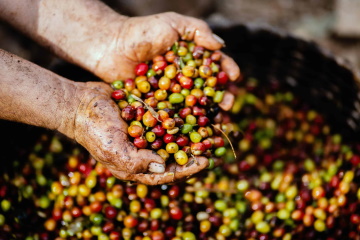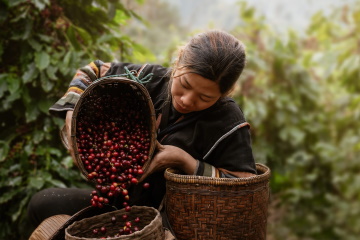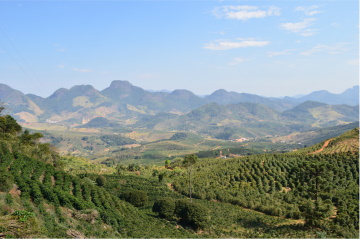


How companies behave in the coffee trade has a direct impact not only on the lives and livelihoods of 28 million coffee farming families but on the welfare of the planet itself. Coffee companies claiming to be "ethical" or "sustainable" that refuse to pay a living wage to the farmers are fueling this longstanding human and environmental crisis.

Coffee, poverty and migration are connected. The largest single group of migrants trying to cross the southern border are from Guatemala, and most of them are from the coffee lands of Huehuetenango province. They are unemployed and landless coffee farming families hoping for a better life.

In the last 30 years, growing demand for coffee has led to a 60% increase in production, and has posed a myriad of threats to the environment, according to the International Coffee Organization. Scientists in Finland are trying to come up with a sustainable, lab-grown alternative for the next cup of coffee — but the technology for producing it is still very costly.